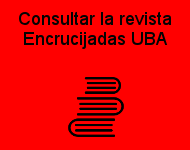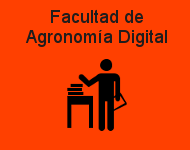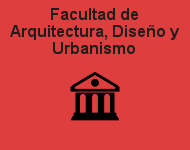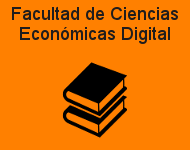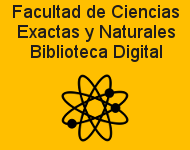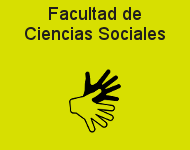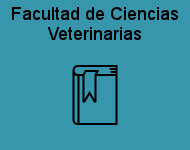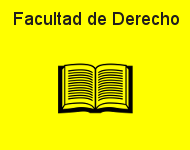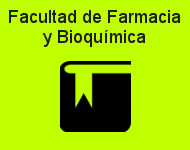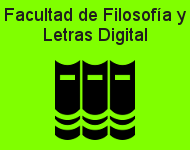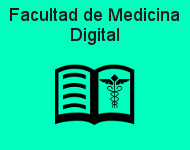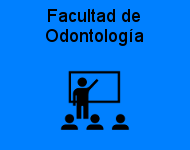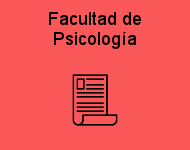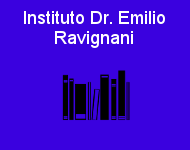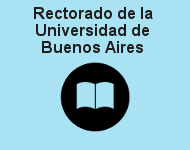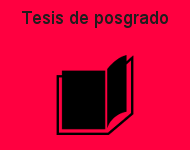La fragua del alma: Crítica de Porfirio a la embriología estoica
Zamora Calvo, José M.
En:
Cuadernos de filosofía; Núm. 64 (2015); 47-59
Editor:
Universidad de Buenos Aires. Facultad de Filosofía y Letras. Instituto de Filosofía Dr. Alejandro Korn
Fecha:
2015-05-10
Tipo de documento:
info:eu-repo/semantics/article
info:eu-repo/semantics/publishedVersion
info:eu-repo/semantics/publishedVersion
Formato:
application/pdf
Idioma:
spa
Contenido:
Según la embriología estoica, el embrión es todavía naturaleza, es decir, posee la vida de una planta, no de un animal. El estoico Hierocles señala que el alma “excede” a la naturaleza porque posee dos potencias anímicas, el impulso y la sensación, ausentes en la naturaleza (Elementa Ethica 1.5-35; BS 13.9; LS53B).El embrión, por tanto, como las plantas, carece de sensación, presentación e impulso. En efecto, los estoicos consideran que el embrión carece de impulso, pero su argumento presenta más dificultades en la defensa de que también carece de sensación. La cuestión sobre el modo en que el embrión recibe el alma es abordada por Porfirio en su tratado Ad Gaurum, donde se enfrenta a las tesis estoicas. La entrada o incorporación del alma en el cuerpo, identificado con el embrión, tiene lugar desde el exterior (ἔξωθεν). Porfirio alude a Aristóteles (De anima 2.5.417a5-9), cuando explica que el alma no posee sensación en ausencia de objetos exteriores, lo mismo que un combustible no puede inflamarse aislado, ya que necesita de fuego exterior en acto. El discípulo de Plotino retoma la analogía aristotélica entre la percepción y la inflamación, pero precisa que esta última puede ocasionarse sin que el fuego entre en contacto con el combustible. La naturaleza que gobierna el embrión se pone en movimiento y se transforma en alma, adaptándose al medio ambiente, como si estuviera templada por el aire frío exterior. En su tratado Ad Gaurum (14.4.23-29) Porfirio critica esta teoría estoica del “temple del embrión”, que podemos poner en conexión con las tesis embriológicas expuestas en los Elementha Ethica de Hierocles. Este testimonio, donde se menciona el nombre de Crisipo y que no aparece recogido en las ediciones y traducciones de los textos estoicos (ni en los SVF ni en la reciente recopilación de Boeri-Salles), nos parece que aporta elementos relevantes.
According to the Stoic embryology, the embryo is still nature, that is, it has the life assigned to plants, not to animals. The Stoic Hierocles points out that the soul “exceeds” nature because it has two psychic powers –impulse and sensation- absent in nature (Elementa Ethica 1.5-35; BS 13.9; LS53B) .The embryo, therefore, as plants, has no sensation, presentation and impulse. Indeed, Stoics believe that the embryo lacks impulse, but their argument is more difficult to defend with respect to the lack of sensation. Porphyry, in his Ad Gaurum, deals with the question of how the embryo receives the soul, subject in which he confronts with the Stoic thesis. The entrance or incorporation of the soul into the body, identified with the embryo, takes place from the outside (ἔξωθεν). Porphyry refers to Aristotle (De anima 2.5.417a5-9), when he explains that the soul has no perception in the absence of external objects, as well as fuel can not ignite isolated as it needs external fire. Plotinus’ disciple takes the Aristotelian analogy between perception and inflammation, again, but states that the latter can arise without fire in contact with fuel. The nature that governs the embryo starts moving and becomes soul, adapting itself to the environment, as if tempered by the cold air outside. In his treatise Ad Gaurum (14.4.23-29), Porphyry criticizes this Stoic theory about the “tempering of the embryo”, that it can be put in connection with the embryological view expressed in Elementha Ethica of Hierocles. This testimony, where Chryssipus name is mentioned and not included in editions and translations of Stoic texts (nor in the SVF neither in the recent collection of Boeri-Salles), seems to us that provides relevant elements.
According to the Stoic embryology, the embryo is still nature, that is, it has the life assigned to plants, not to animals. The Stoic Hierocles points out that the soul “exceeds” nature because it has two psychic powers –impulse and sensation- absent in nature (Elementa Ethica 1.5-35; BS 13.9; LS53B) .The embryo, therefore, as plants, has no sensation, presentation and impulse. Indeed, Stoics believe that the embryo lacks impulse, but their argument is more difficult to defend with respect to the lack of sensation. Porphyry, in his Ad Gaurum, deals with the question of how the embryo receives the soul, subject in which he confronts with the Stoic thesis. The entrance or incorporation of the soul into the body, identified with the embryo, takes place from the outside (ἔξωθεν). Porphyry refers to Aristotle (De anima 2.5.417a5-9), when he explains that the soul has no perception in the absence of external objects, as well as fuel can not ignite isolated as it needs external fire. Plotinus’ disciple takes the Aristotelian analogy between perception and inflammation, again, but states that the latter can arise without fire in contact with fuel. The nature that governs the embryo starts moving and becomes soul, adapting itself to the environment, as if tempered by the cold air outside. In his treatise Ad Gaurum (14.4.23-29), Porphyry criticizes this Stoic theory about the “tempering of the embryo”, that it can be put in connection with the embryological view expressed in Elementha Ethica of Hierocles. This testimony, where Chryssipus name is mentioned and not included in editions and translations of Stoic texts (nor in the SVF neither in the recent collection of Boeri-Salles), seems to us that provides relevant elements.
Identificador(es):
http://revistascientificas.filo.uba.ar/index.php/CdF/article/view/3480
ISSN 0590-1901
ISSN 0590-1901
Derechos:
info:eu-repo/semantics/openAccess
http://creativecommons.org/licenses/by-nc-nd/2.5/ar/
http://creativecommons.org/licenses/by-nc-nd/2.5/ar/
Descargar texto:  3480.oai
3480.oai
 3480.oai
3480.oai Cita bibliográfica:
Zamora Calvo, José M. (2015-05-10). La fragua del alma: Crítica de Porfirio a la embriología estoica. (info:eu-repo/semantics/article). En: Cuadernos de filosofía; Núm. 64 (2015); 47-59. Instituto de Filosofía Dr. Alejandro Korn. Facultad de Filosofía y Letras. Universidad de Buenos Aires [consultado: ] Disponible en el Repositorio Digital Institucional de la Universidad de Buenos Aires: <http://revistascientificas.filo.uba.ar/index.php/CdF/article/view/3480>


